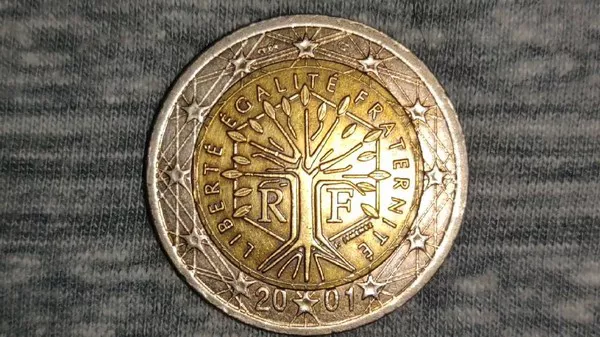The foreign exchange market is a complex and dynamic system, and predicting the movements of currency pairs can be a difficult task. However, there are certain factors that can influence the value of a particular currency, including economic indicators, political events, and global trends. In this article, we will discuss some of the key considerations when deciding whether to sell euros.
Overview of the Euro
The euro is the single currency used by the member states of the European Union (EU). It was introduced in 1999 as a virtual currency, and physical coins and banknotes were introduced in 2002. Today, the euro is one of the most widely traded currencies in the world, with an average daily turnover of over $2 trillion.
Factors Affecting the Value of the Euro
There are several factors that can affect the value of the euro on the foreign exchange market. Some of the most important factors include:
1. Economic Indicators
Economic indicators such as GDP growth, inflation rates, and unemployment figures can have a significant impact on the value of the euro. For example, if the eurozone economy is growing at a faster rate than expected, this could lead to an increase in the value of the euro. Conversely, if the eurozone economy is struggling, this could lead to a decrease in the value of the euro.
2. Central Bank Policy
The European Central Bank (ECB) is the central bank of the eurozone, and its policies can have a major impact on the value of the euro. For example, if the ECB raises interest rates, this could lead to an increase in the value of the euro, as investors may be more inclined to hold euros in order to take advantage of higher returns. Conversely, if the ECB lowers interest rates, this could lead to a decrease in the value of the euro.
3. Political Events
Political events such as elections, referendums, and international trade negotiations can also affect the value of the euro. For example, if a political party that is seen as pro-business wins an election in a major eurozone economy such as Germany or France, this could lead to an increase in the value of the euro. Conversely, if a political party that is viewed as anti-business wins an election, this could lead to a decrease in the value of the euro.
4. Global Trends
Global trends such as shifts in commodity prices, changes in global interest rates, and geopolitical tensions can also have an impact on the value of the euro. For example, if there is a global shortage of oil, this could lead to an increase in the value of the euro, as investors may be more inclined to hold euros in order to take advantage of higher oil prices. Conversely, if there is a global oversupply of oil, this could lead to a decrease in the value of the euro.
When to Sell Euros
Given the complex nature of the foreign exchange market, it can be difficult to know exactly when to sell euros. However, there are some general guidelines that you can follow in order to make informed decisions:
1. Monitor Economic Indicators
As mentioned earlier, economic indicators can have a significant impact on the value of the euro. Therefore, it is important to stay up-to-date with key economic releases such as GDP growth, inflation rates, and unemployment figures. If the eurozone economy is performing well, this could be a good time to sell euros.
2. Keep an Eye on Central Bank Policy
Central bank policy can also have a major impact on the value of the euro. If the ECB raises interest rates or takes other steps to tighten monetary policy, this could lead to an increase in the value of the euro. Conversely, if the ECB lowers interest rates or takes other steps to ease monetary policy, this could lead to a decrease in the value of the euro.
3. Monitor Political Events
Political events such as elections and referendums can be difficult to predict, but they can still have an impact on the value of the euro. For example, if there is a political party that is viewed as anti-business gaining popularity in a major eurozone economy, this could lead to a decrease in the value of the euro. Therefore, it is important to stay up-to-date with key political events and consider their potential impact on the euro.
4. Consider Global Trends
Global trends such as shifts in commodity prices and geopolitical tensions can also affect the value of the euro. If there is a global shortage of oil or other commodities, this could lead to an increase in the value of the euro. However, if there is a global oversupply of these commodities, this could lead to a decrease in the value of the euro.
Best Practices for Currency Trading
Here are some best practices to keep in mind when trading currencies:
Set clear trading goals: Having clear goals can help you stay focused and make more informed trading decisions.
Use risk management techniques: This includes setting stop-loss orders, which limit your losses if the market moves against you, and using proper position sizing to manage risk.
Stay disciplined: Avoid emotional trading and stick to your trading plan.
Learn from your mistakes: Reviewing your trades
Conclusion
Deciding when to sell euros is not an exact science, as there are many factors that can influence the value of the euro on the foreign exchange market. However, by monitoring economic indicators, keeping an eye on central bank policy, staying up-to-date with


